I use conda by building a conda environment and then exporting a yaml file that describes the environment so I can reproduce it. Here is a portion of that yaml file:
- parquet-cpp=1.5.1=2
- parse=1.19.0=pyh44b312d_0
- parse_type=0.6.0=pyhd8ed1ab_1
- parso=0.8.3=pyhd8ed1ab_0
- pathspec=0.9.0=pyhd8ed1ab_0
- pexpect=4.8.0=pyh9f0ad1d_2
- pickleshare=0.7.5=py_1003
- pip=22.0.4=pyhd8ed1ab_0
I'm intrigued to know what the thing at the end of each of those packages means. i.e. What do
- pyhd8ed1ab_0
- py_1003
- pyh9f0ad1d_2
- pyh44b312d_0
- 2
refer to?
